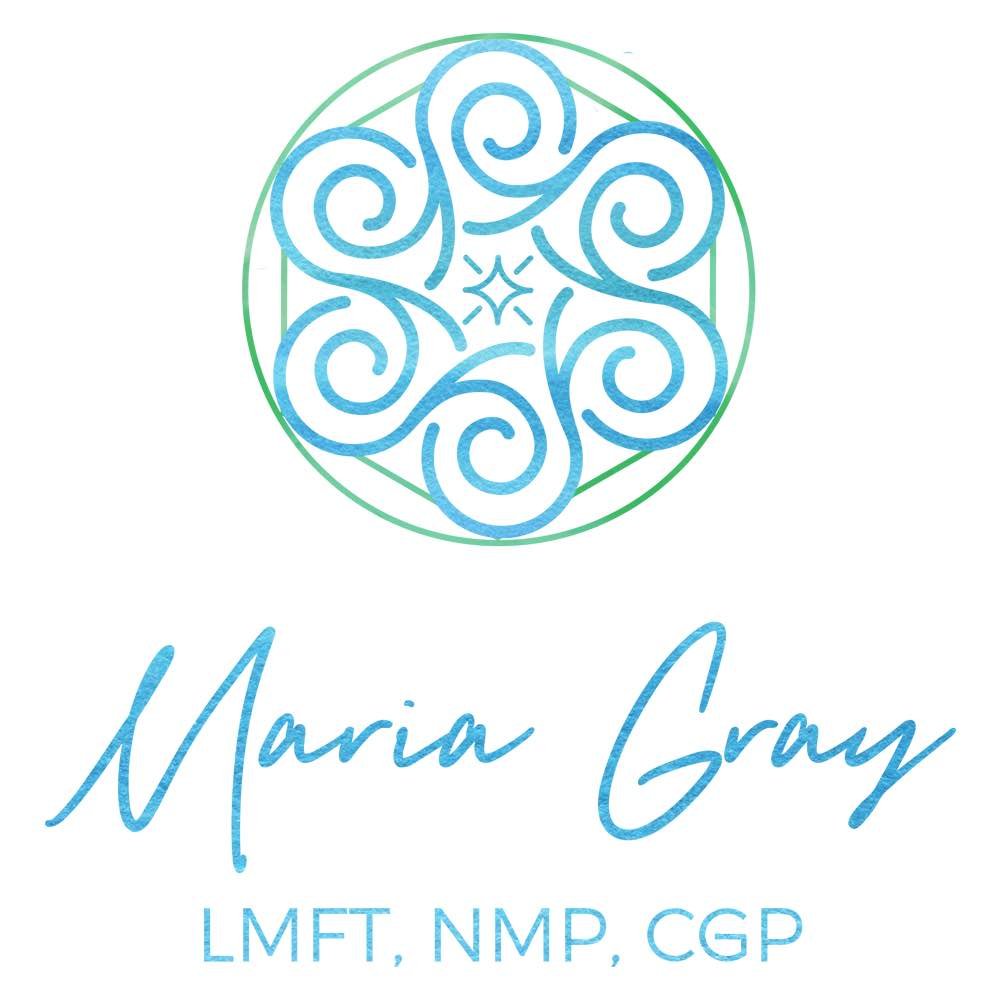Addiction to Distraction
Click on the title above for this interesting article, written by Tony Schwartz, a writer for the NY Times. It's about one of my favorite topics, our society's "addiction to busy". Schwartz writes about his own struggles with getting distracted and losing time online. In this busy world, it's important to be mindful of how much time we spend online. There is nothing wrong with enjoying our online time; the problem begins when it distracts us from doing the things we love most.
Larry Rosen's Talk on Technology and the Brain
At the recent Wisdom 2.0 conference, Dr Larry Rosen talks about the impact of technology on the brain and our need to "reset" our brains. He recommends we relax our brains for 5-10 minutes every 2 hours. The ABC method - A- Be aware of the ways technology distracts you (could be phone, email, Facebook, etc) and turn it off B-Breathe, reset your brain C-Make good cognitive choices, try to stay focus on the task at hand as opposed to multitasking. Click on Read More to watch the video.
Second Stage Recovery Psychotherapy Group
Psychotherapy group for men and women with at least 2 years of recovery from addiction and/or codependency.
Establish honest connections with other people in recovery in a safe environment. Discover your authentic self, enjoy your recovery by cultivating interest and hobbies (play), experience more satisfaction in relationships, and develop mindfulness techniques.
Monday evenings from 6:15-7:45PM
Making Time for Time
In an article entitled “Time Lost and Found” Anne Lamott talks about the challenges we face in making time to be creative and pursue our passion. In this case she is talking about writing, you can substitute whatever passion suits you. Positive Psychology is all about discovering flow, that sense of time standing still when we engage in an activity that satisfies and consumes us. I experience flow when I am cooking seafood risotto in my kitchen. I am in flow when I play ball with my friend’s reluctant Corgi (she is willing to catch the ball but unwilling to bring it back). I am in flow during a session when I feel especially connected to my client.
Flow is about remaining connected with ourselves while getting lost in a pleasant activity. My to-do list puts me into my head (thinking mode) and disconnects me from my true self; I do experience a momentary sense of accomplishment when I check the completed task off the list, but it fades as I move onto the next item. We must make time for time, in order to truly experience our lives.
Re-Learning Our ABCS
Have you ever noticed that sometimes it feels easier to stand up to other people than it is to stand up to ourselves? If a coworker said "you will never get that promotion because you are just not qualified, in fact, I think you are a slacker". You might respond by saying “I am not a slacker, I work really hard and I have the highest customer service ratings in the department." When we engage in negative thinking, we often fail to defend ourselves.
Dr. Martin Seligman, the founder of Positive Psychology, suggests we first recognize our own thoughts as being pessimistic or negative and then treat those thoughts as if they were being spoken by another person. The technique helps us to separate ourselves from our own negative thinking which is often referred to as "the committee" in 12 Step programs. Dr. Martin Seligman calls this technique the ABCDE model.
A is for adversity, B stands for the beliefs you automatically have when a pessimistic thought occurs, C is for the usual consequences of the belief, D stands for the process of disputing the routine belief and E is for the sense of “energization” that occurs after successfully disputing the belief. Seligman's theory is that by employing the process of disputing the belief after adversity; we can shift our reaction from pessimism and giving up to one of action and good cheer.
Let's take an example- You are on the way home and you notice the "check engine light" has come on in your car (A for adversity). You begin thinking, "it's always $500 when I have to get my car fixed, this is probably a big problem and I am going to go broke." (B for automatic beliefs). Next you start worrying about money and feeling anxious (C for the consequences if the belief). You decide to dispute the belief (D for dispute) “Maybe it is something minor, I will wait and see what the mechanic says”. You calm down a bit and take some deep breaths, maybe you feel a little less anxious (E for the sense of “energization” that occurs after disputing the belief). The next time you catch yourself thinking pessimistic thoughts, try the ABCDE model and see what happens.






